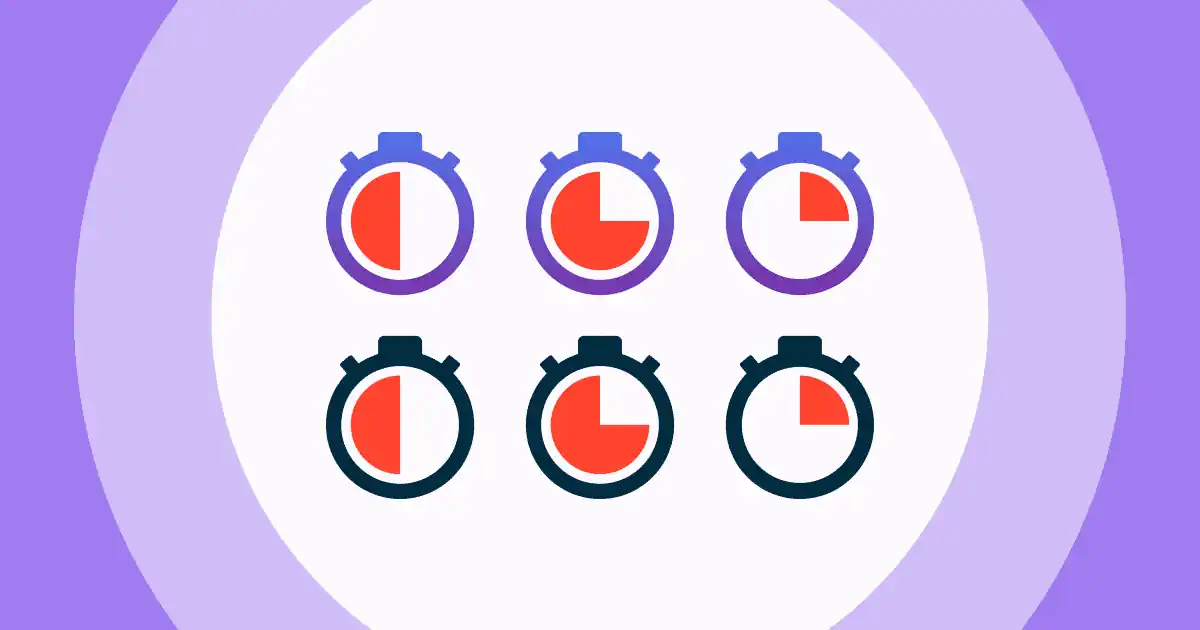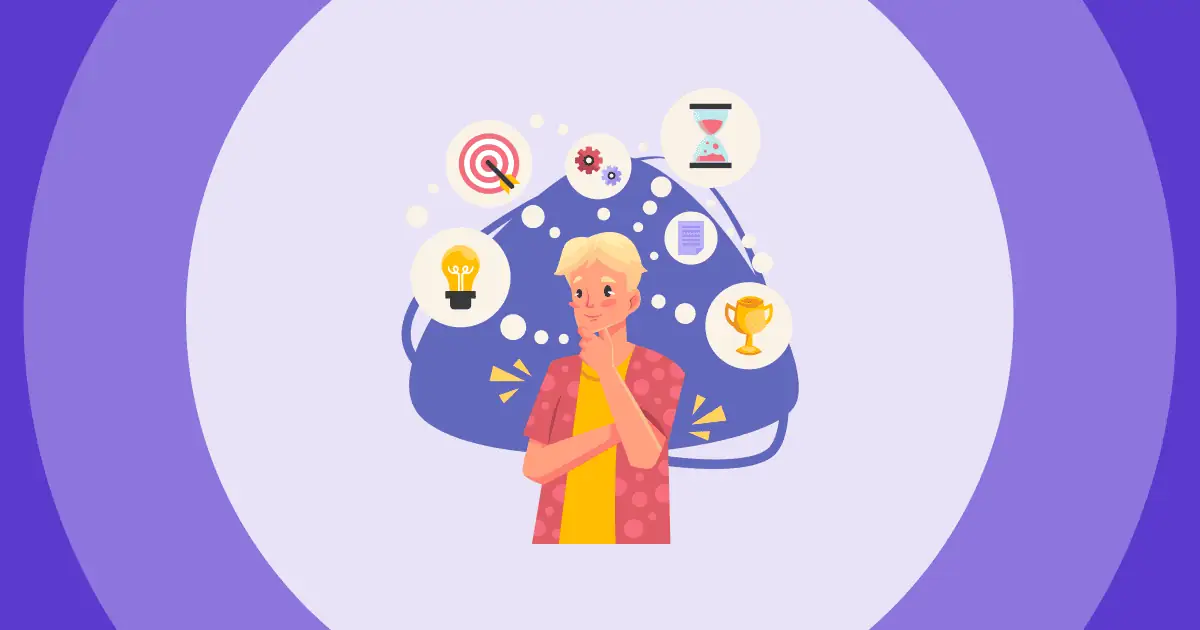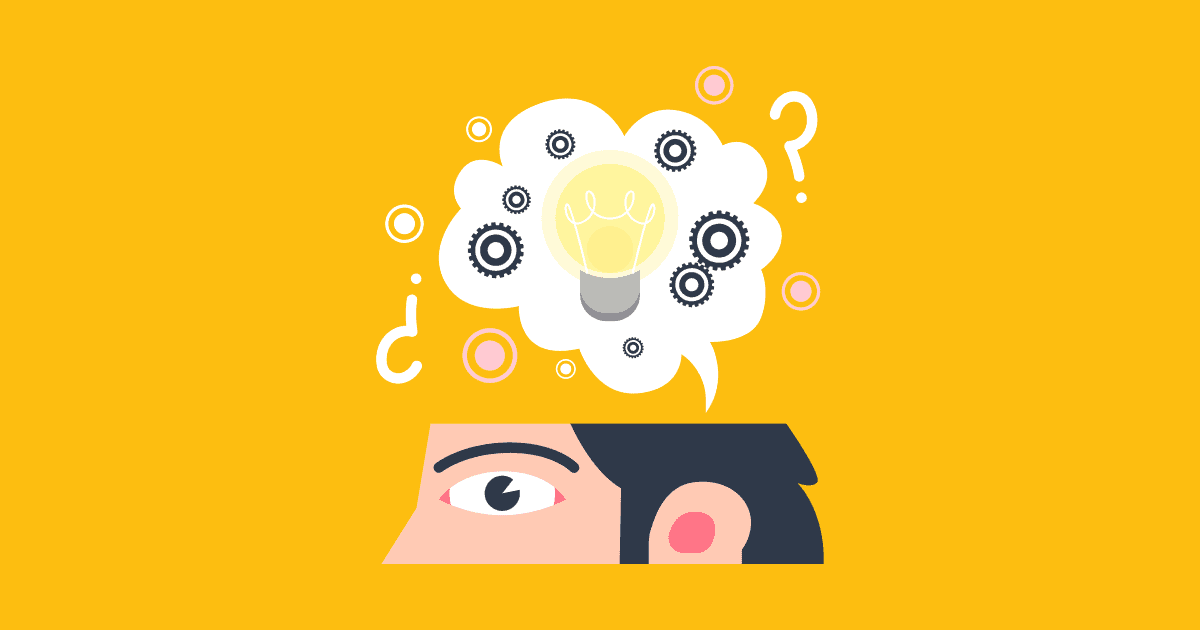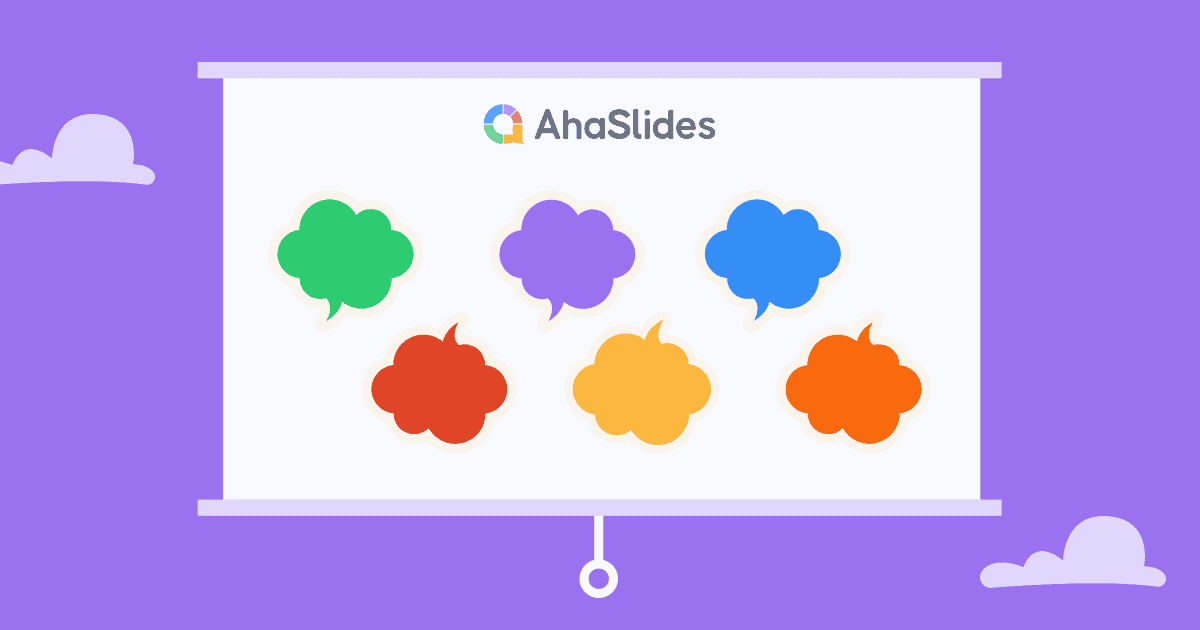У стрэсавай і дынамічнай абстаноўцы карысна неаднаразова абапірацца на сваю інтуіцыю пры прыняцці рашэнняў.
Але, ведаючы, калі прымяніць свой інтуітыўнае мысленне гэта складана. Разуменне таго, што гэта такое і як вы можаце прымусіць яго працаваць, дазволіць вам прымаць выдатныя рашэнні з добрымі вынікамі.
Акуніцеся, каб атрымаць больш інфармацыі👇
Змест
- Што такое інтуітыўнае мысленне?
- Якія 4 віды інтуітыўнага мыслення?
- Інтуітыўныя думкі добрыя ці дрэнныя?
- Парады, як стаць больш інтуітыўным мысляром
- Bottom Line
- Questions fréquemment posées
Яшчэ парады па развіцці навыкаў зносін
| Што супрацьлеглае інтуітыўнаму мысленню? | Супрацьразумела |
| Хто прыдумаў тэрмін «інтуітыўнае мысленне»? | Анры Бергсон |
| Калі быўтэрмін «інтуітыўнае мысленне» знойдзены? | 1927 |

Шукаеце лепшы інструмент для ўзаемадзеяння?
Дадайце больш задавальнення з лепшымі жывымі апытаннямі, віктарынамі і гульнямі, даступнымі ў прэзентацыях AhaSlides, гатовымі падзяліцца з вашым натоўпам!
🚀 Зарэгіструйцеся бясплатна☁️
Што такое інтуітыўнае мысленне?

Уявіце, што вы прафесійны бейсбаліст, які стаіць ля хатняй базы. Пітчар разгортваецца і кідае хуткі мяч прама ў вас. У вас ёсць доля секунды, каб адрэагаваць — няма часу на свядомае абдумванне!
Але адбываецца нешта дзіўнае — ваша цела ведае, што рабіць. Без якіх-небудзь разважанняў вашы рукі прымаюць патрэбнае становішча і трэскаюць! Вы атрымліваеце ідэальны ўдар.
Адкуль такое разуменне? Ваша інтуіцыя.
Глыбока ўнутры нейкая частка вашага мозгу распазнавала тонкія сігналы, такія як рух пітчара, кручэнне мяча і г.д., і дакладна ведала, як рэагаваць, грунтуючыся на тысячах паўтораў на трэніроўках і ў мінулых гульнях.
Гэта інтуітыўнае мысленне ў дзеянні. Яно дазваляе нам амаль імгненна выкарыстоўваць багаты вопыт і прымаць «інстынктыўныя рашэнні» без якой-небудзь свядомай логікі.
Накшталт таго, як Круз у Top Gun проста адчувае правільныя рухі ў паветраным баі або Нэа бачыць код Матрыцы, не разумеючы.
Самае лепшае? Інтуіцыя не толькі для рэакцыі — гэта таксама звышздольнасць для разумення і стварэння.
Гэтыя моманты разумення ці інавацыйных рашэнняў, якія «ага!», часта ўзнікаюць з нашай інтуіцыі, перш чым логіка паспее іх цалкам растлумачыць.
Якія 4 віды інтуітыўнага мыслення?
Інтуітыўнае мысленне звычайна падзяляецца на 4 віды, кожны з якіх мае розныя характарыстыкі. Які вы інтуітыўна зразумелы мысляр?🤔
Пазнавальная інтуіцыя
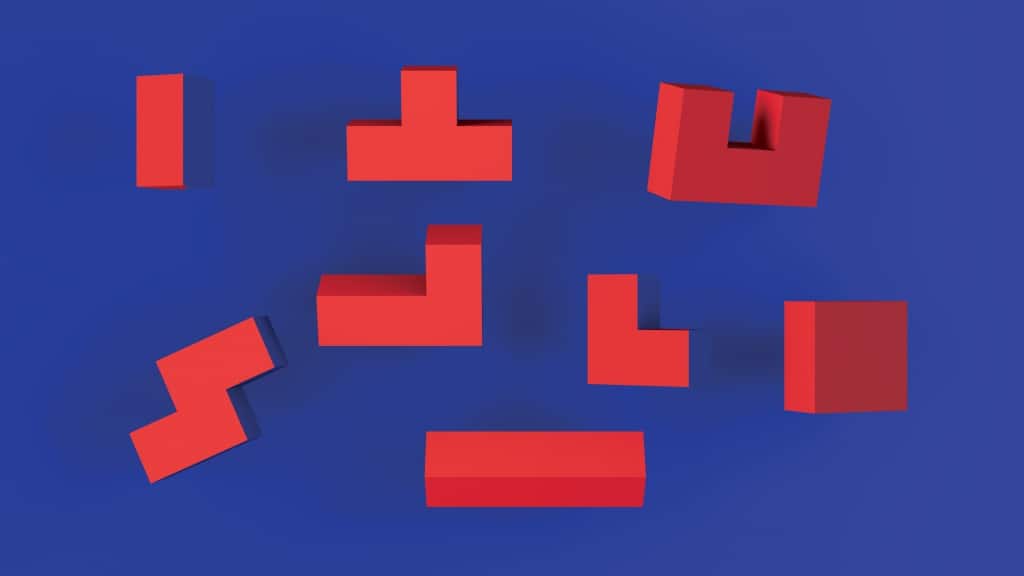
Гэта прадугледжвае доступ да шаблонаў і высноў, якія мы несвядома засвоілі праз вопыт сутыкнення з кагнітыўнымі праблемамі.
Гэта дазваляе хутка супастаўляць схемы і рабіць меркаванні. Прыклады ўключаюць імгненнае распазнаванне граматычных шаблонаў, рашэнне складаных задач, інтуітыўны пошук адказу на матэматычную задачу на аснове знаёмых шаблонаў або ацэнкі рызыкі/надзейнасці.
Афектыўная інтуіцыя
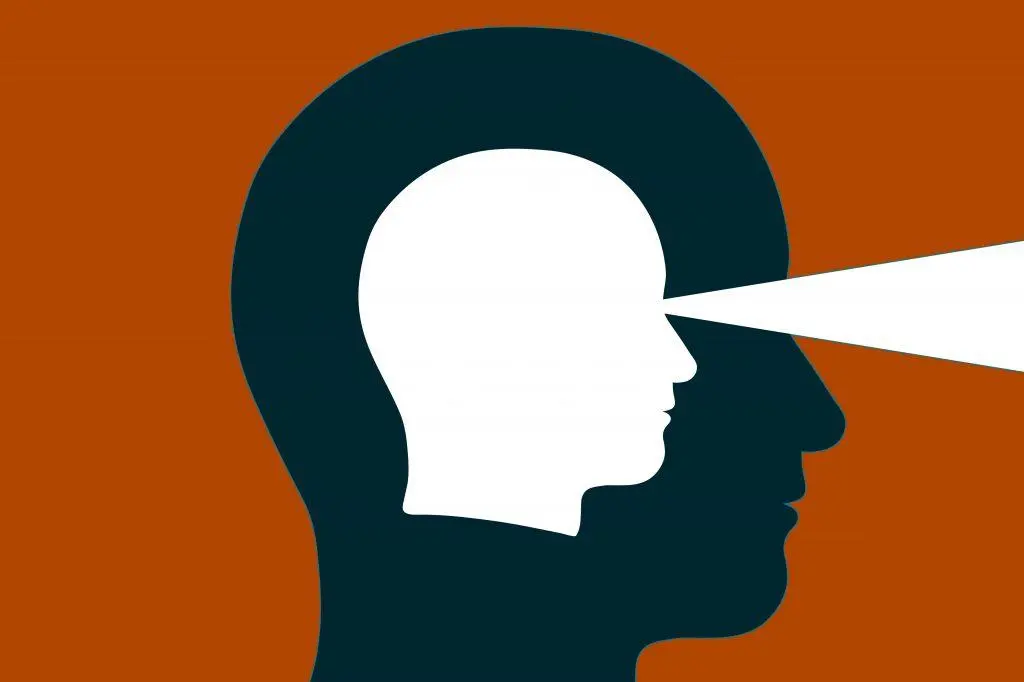
Таксама называецца інтуіцыяй. Гэты тып больш абапіраецца на эмоцыі і пачуцці, каб кіраваць інтуіцыяй.
Рэчы могуць здавацца правільнымі або выклікаць у нас трывогу без свядомага разважання. Гэта тычыцца такіх рэчаў, як міжасобасныя меркаванні, выяўленне падману і прыняцце этычных/маральных рашэнняў, дзе эмоцыі адыгрываюць ролю.
Аналітычная інтуіцыя

Развіваецца з шырокага абмеркаванага і аўтаматычнага навучання на працягу многіх гадоў у навыку або вобласці.
Эксперты могуць інтуітыўна інтэрпрэтаваць складаныя сітуацыі і правільна рэагаваць. Прыклады ўключаюць майстроў шахматыстаў, лекараў-экспертаў і іншых спецыялістаў з вялікім вопытам у сваёй вобласці.
Увасобленая інтуіцыя

Абапіраецца на мышачнае, проприоцептивное і сэнсарнае навучанне.
Развіваецца праз фізічную практыку і рухальны сацыяльны вопыт. Да гэтай катэгорыі адносяцца такія рэчы, як каардынацыя рухаў, баланс, інтэрпрэтацыя невербальных эмацыйных/сацыяльных сігналаў праз выраз твару, мову цела і г.д.
Некаторыя таксама ўключаюць:
- Сацыяльная інтуіцыя — адносіцца да здольнасці інтуітыўна разумець сацыяльную дынаміку, нормы і ўзаемадзеянне без свядомага разважання. Яна ўплывае на такія сферы, як інтэрпрэтацыя эмоцый, прагназаванне паводзін, распазнаванне адносін і структур улады, а таксама адчуванне ўплыву/дынамікі групы.
- Генератыўная інтуіцыя — генерацыя новых ідэй, інавацый або бачанне праблем па-новаму шляхам інтуітыўнага сінтэзу розных тыпаў інфармацыі. Прыкладамі з'яўляюцца вынаходніцтва, інавацыйны дызайн, прарыўныя навуковыя тэарэтызацыі і нечаканыя перспектывы ў мастацтве/гуманітарных навуках.
Усе чатыры тыпы даюць хуткія разуменні, да якіх свядома атрымаць доступ можа быць больш павольна. І яны часта ўзаемадзейнічаюць — кагнітыўныя мадэлі могуць выклікаць афектыўныя рэакцыі, якія ўплываюць на эксперыментальнае навучанне ў доўгатэрміновай перспектыве. Эфектыўнае развіццё любога тыпу інтуіцыі абапіраецца на пастаяннае атрыманне новага вопыту і рэфлексіўнае навучанне.
Інтуітыўныя думкі добрыя ці дрэнныя?

Інтуітыўнае мысленне - палка аб двух канцах. Гэта можа быць вельмі карысным, калі веды былі назапашаны на аснове шырокага вопыту, але небяспечным, калі спадзявацца на яго для прыняцця важных рашэнняў без доказнай базы.
Патэнцыйныя перавагі інтуітыўнага мыслення ўключаюць:
- Хуткасць – інтуіцыя дазваляе вельмі хуткае прыняцце рашэнняў калі час абмежаваны. Гэта можа быць выгадна.
- Пранікненне, заснаванае на вопыце — інтуіцыя ўключае ў сябе несвядомыя ўрокі вопыту, якія могуць даць карысныя перспектывы.
- Крэатыўнасць — інтуіцыя можа спрыяць новым сувязям і інавацыйным, нестандартным ідэям.
- Першапачатковыя здагадкі — інтуітыўнае пачуццё можа служыць адпраўной кропкай для далейшага даследавання і праверкі.
Патэнцыйныя недахопы інтуітыўнага мыслення ўключаюць:
- Прадузятасці — інтуіцыя схільная да кагнітыўных прадузятасцяў, такіх як замацаванне, эўрыстыка афекту і ўнутрыгрупавая фаварытызм, якія скажаюць меркаванні.
- Няправільныя шаблоны — інтуітыўныя шаблоны могуць быць заснаваныя на састарэлым, няправільным або аднаразовым мінулым вопыце, а не на важкіх доказах.
- Апраўданне — існуе інстынкт апраўдваць інтуітыўныя думкі, а не бесстаронне даследаваць іх дакладнасць.
- Цэлізм замест дэталяў — інтуіцыя засяроджваецца на больш шырокіх тэмах, а не на ўважлівым аналізе важных тонкасцей.
- Самаздаволенасць — інтуіцыя можа перашкаджаць грунтоўным абдуманым разважанням на карысць пачуццяў.
Парады, як стаць больш інтуітыўным мысляром
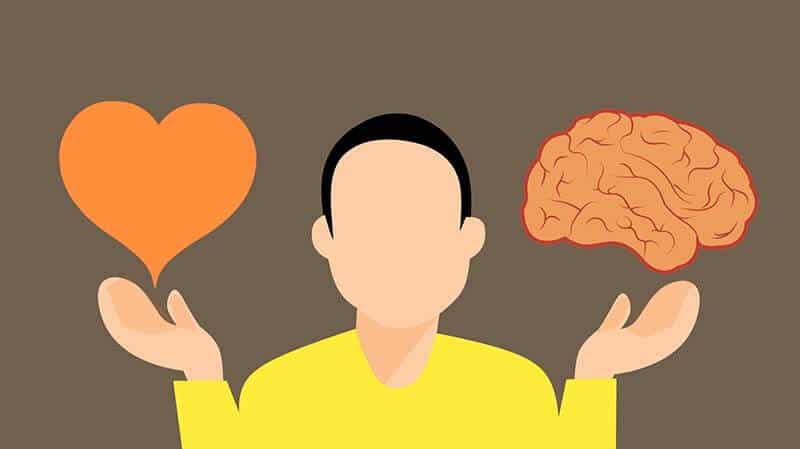
Вось некалькі парад, як стаць больш інтуітыўным мысляром. З цягам часу гэтыя стратэгіі ўмацоўваюць ваша інтуітыўнае мысленне праз разнастайныя рэфлексіўныя ўздзеяння і гнуткае мысленне:
- Атрымайце шырокі практычны вопыт у сваёй галіне. Інтуіцыя зыходзіць з несвядомага распазнавання заканамернасцей у тым, з чым вы сутыкаецеся. Пастаянна кідайце сабе выклік.
- Практыкуйце ўважлівасць і самасвядомасць. Звяртайце ўвагу на свае пачуцці і здагадкі без асуджэння. З часам вы навучыцеся больш давяраць сваёй інтуіцыі.
- Заахвочвайце дывергентнае мысленне. Стварайце асацыяцыі паміж не звязанымі паняццямі. Мазгавы штурм шырока. Інтуіцыя аб'ядноўвае ідэі па-новаму.
- Падчас вырашэння праблем рабіце перапынкі. Інкубацыя дазваляе інтуіцыі выплыць з вашай падсвядомасці. Ідзіце на шпацыр і дазвольце сваім розумам блукаць.
- Развівайце метакагнітыўныя здольнасці. Аналізуйце мінулыя інтуіцыі — што было дакладным і чаму? Паглыбляйце ў сябе свае інтуітыўныя моцныя бакі.
- Звярніце ўвагу на свае мары/летуценні. Яны могуць даць інтуітыўнае разуменне па-за лагічнымі нормамі.
- Вывучыце дамены, якія адрозніваюцца ад вашага вопыту. Новая інфармацыя падсілкоўвае вашыя інтуітыўныя асацыяцыі і спосабы вырашэння праблем.
- Пазбягайце адхілення кішачнай рэакцыі. Дайце здагадкам шанец на дадатковы агляд, перш чым адкідваць іх.
Bottom Line
Інтуітыўнае мысленне абапіраецца на хуткае, падсвядомае распазнаванне шаблонаў, эмоцыі і вопыт, а не на пакрокавыя разважанні. З практыкай мы можам навучыць сваю інтуіцыю працаваць амаль як шостае пачуццё, што зробіць нас выдатнымі ў вырашэнні праблем у любой сітуацыі.
Questions fréquemment posées
Што робяць інтуітыўныя мысляры?
Інтуітыўна зразумелыя мысляры абапіраюцца ў першую чаргу на сваё інтуітыўнае адчуванне, няяўныя заканамернасці, распазнаныя праз вопыт, і здольнасць інтуітыўна звязваць разрозненыя ідэі, а не на строгі лагічны аналіз пры падыходзе да праблем, прыняцці рашэнняў і выказванні.
Што з'яўляецца прыкладам інтуітыўнага мыслення?
Прыклад, які ілюструе інтуітыўнае мысленне: шахматны гросмайстар імгненна распазнае найлепшы наступны ход, не аналізуючы свядома ўсе магчымасці. Іх інтуіцыя заснавана на вялікім вопыце, або дасведчаны лекар, які выяўляе прычыну незнаёмых сімптомаў у пацыента на аснове тонкіх падказак і «адчувае», што нешта не так, нават калі вынікі аналізаў пакуль не тлумачаць гэтага.
Лепш быць лагічным або інтуітыўным?
Няма простага адказу на пытанне, што лепш — быць лагічным ці інтуітыўным — абодва падыходы маюць свае моцныя і слабыя бакі. Звычайна лічыцца, што гэтая ідэя заключаецца ў балансе паміж гэтымі двума падыходамі.



